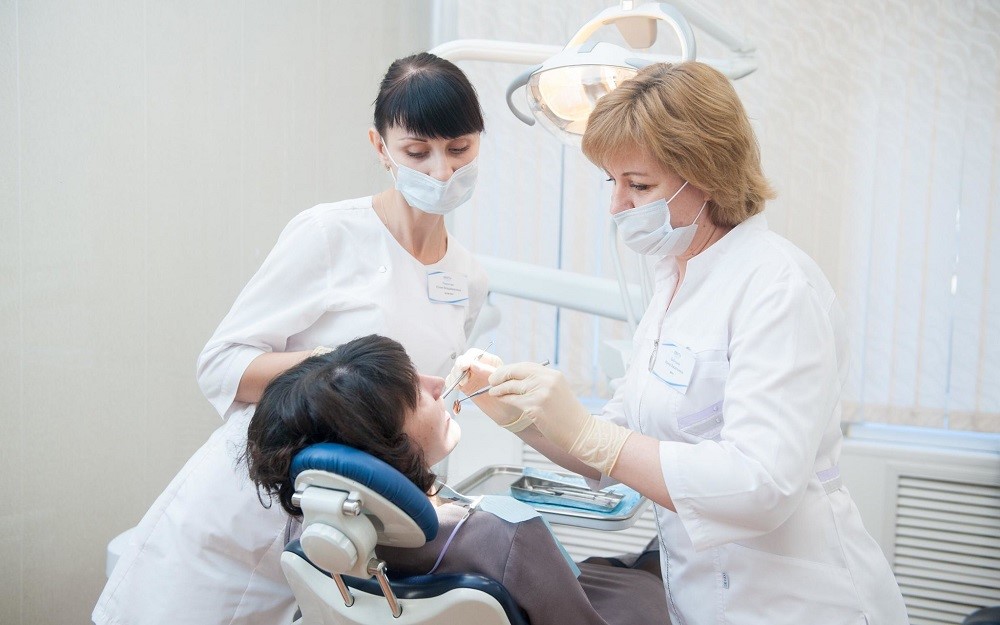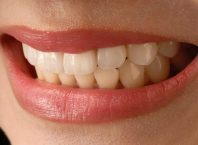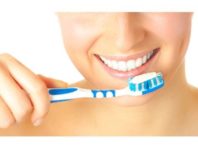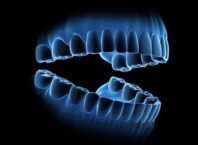Table of Contents
Inside the cavity within the mouth, lies a set of teeth.
Early in life, they undertake a journey, beginning from the emergence of the first tooth at the age of a year to develop into a perfect set of 32 teeth.

This oral journey persists for a lifetime and, like all the other body parts, it seeks proper care and maintenance.
The introduction of X-rays into the frontiers of dental healthcare has played a vital role in the diagnosis of several oral healthcare issues. While dental X-rays come to the rescue, do they come without any harmful repercussions?
This article discusses the risks associated with dental X-rays and its health effects on an individual.
Dental X-rays
An X-ray uses X-radiations (electromagnetic radiations) to put forth the images of the parts within the mouth that are not examinable via physical and visual examination.
Evolution of X-ray machines
While we discuss the harmful impacts of radiations, the continuous growth of technologies is taking place to minimize these health effects. The development of protective lead aprons and thyroid shields has proved to be a significant step in the direction.
Besides the introduction of protective technology, the dental industry has also witnessed the emergence of mobile x-ray machines. Contrary to the traditional stationary equipment, these machines bring the x-ray and imaging services to the patient. Nowadays all new x-ray machine portable is light, compact and enables 1-hand operation. It offers a detailed analysis of tooth and gums, which eventually contributes to minimizing cancer risk exposures.
How are dental X-rays performed?
When you undergo a dental x-ray, you sit upright in a chair. Then, a professionally trained dentist places a lead apron over your chest and a thyroid collar around the neck to avoid any exposure to harmful radiations.
Then a film or an x-ray sensor is placed inside the mouth to take a picture of the required area. The procedure performed does not involve any physical pain or discomfort.

Dental X-rays and Health Effects
The use of these radiations helps in determining the cause, the disease, and other relevant details. But, studies suggest that these radiations trigger the development and growth of cancer cells.
The development of thyroid cancer and a few forms of brain cancer like meningioma and gliomas has been associated with the exposure from these radiations.
Though dental x-rays involve the usage of radiations, the level of radiations emitted by a single X-ray procedure is too low to cause any potential damage.
As per a report by the American College of Radiology, a routine examination involving 4 bitewing x-rays gives approximately .005 millisieverts of radiation exposure.
Let us individually examine the impacts on
- Children –
Children’s teeth are in the perpetual stage of development. Hence, their teeth require additional care and attention. X-rays help to keep track of the development taking place and detect tooth decay. However, the sensitivity of a child to radiations is more than an average adult individual.
Despite low and controlled radiation exposure, a monitored frequency of dental x-rays would help. For a child with no tooth decay history, X-rays every 1-2 years would work well. Children with a dental cavities’ history may need it every 6-12 months.
2. Adults –
A single X-ray procedure undertaken does not have enough capacity to expose an adult to potential risk exposures. Therefore, to prevent the risk of cancer, one can minimize the frequency of intervals at which the procedure is undertaken. An average adult should receive an x-ray every 2-3 years.
People with a history of dental decay might go for an x-ray every 6-18 months.
3. Pregnant Women –
Though the direction of the beams is far off from the reproductive mechanisms of a human body, a pregnant woman should not undertake any dental x-rays for precaution. Exposing a fetus to any direct or indirect risks of exposure to radiation is strictly not advisable.
Conclusion
Dental X-rays are an essential component of oral health care and the dental industry. They offer several benefits. But, in the long run, they might instigate the growth of cancer cells in the body.
Considering the outweighing benefits of x-rays over the potential risks, x-rays should be performed within a regulated frequency.















